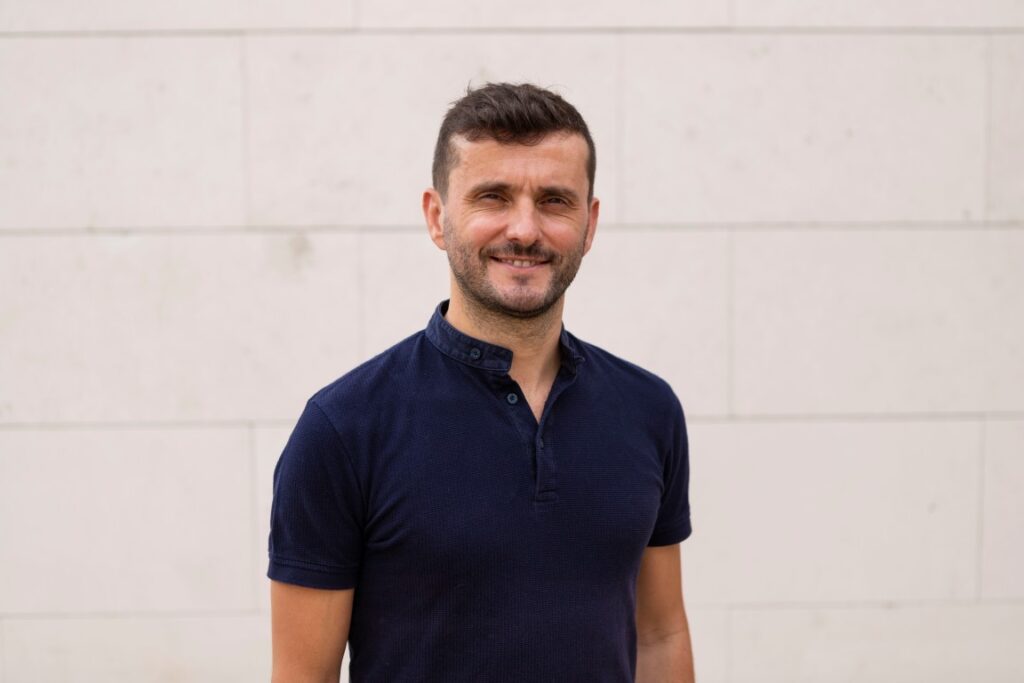Um study which had as one of the main authors Clévio Nóbrega, from the Center for Research in Biomedicine (CBMR) of the University of Algarve, was distinguished with the prize “Scientific Article” by the Portuguese Society of Human Genetics (SPGH).
The award was presented on Friday, the 20th, to the CBMR researcher and to Liliana Mendonça, from the University of Coimbra, the other main author of the study.
For Clévio Nóbrega, «more than the monetary value, the award recognizes our efforts as researchers, the quality of our research here at UAlg and the importance of science for society».
This work, which was published in July 2019 in the renowned scientific journal Acta Neuropathologica, “unveiled the potential of activating cholesterol metabolism as a future therapy for Machado-Joseph Disease (JDM), a neurodegenerative disease with high prevalence in the Azores », according to the University of Algarve.
Developed by researchers from the Center for Neuroscience and Cell Biology of the University of Coimbra (CNC-UC), the Center for Research in Biomedicine (CBMR) of the University of Algarve, BrainVectis Therapeutics (France) and Inserm (France), the study has as title “Restoring brain cholesterol turnover improves autophagy and has therapeutic potential in mouse models of spinocerebellar ataxias”,
The researchers found that the protein CYP46A1, an enzyme with a key role in the metabolism of cholesterol in the brain, “has lower levels in the brain of patients with Machado-Joseph disease and that overexpression of this protein triggers activation of autophagy (the main one). cleaning process of our cells), whose activation we had previously shown to be extremely important for cleaning the clumps of mutant ataxin-3, the waste that accumulates in neurons and causes Machado-Joseph disease».
According to Clévio Nóbrega and Liliana Mendonça, «the modulation of CYP46A1 could lead to a more general therapeutic strategy, with application to several neurodegenerative diseases that present reduced levels of CYP46A1 in the brain, and which – if it cannot cure – can at least alleviate the phenotype of these diseases'.



















Comments